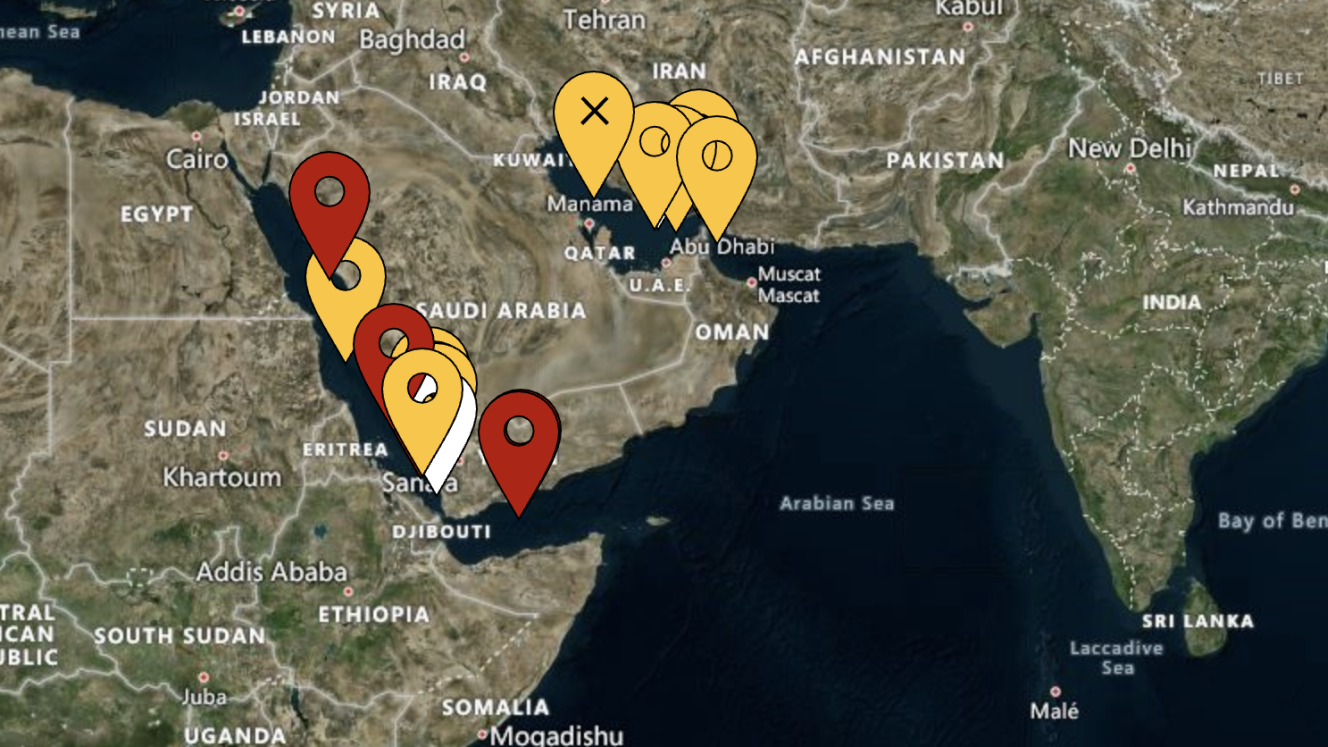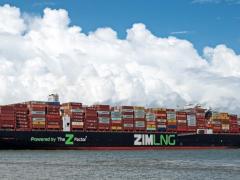The UK Maritime Trade Operations (UKMTO) has issued a fresh advisory following a surge in reports of interference affecting Global Navigation Satellite Systems (GNSS) and Automatic Identification System (AIS) displays.
The disruptions, which began on Friday, are concentrated around Bandar-e-Pars (Iran), the Strait of Hormuz, and Port Sudan.
“UKMTO has received numerous reports of GNSS interference from vessels in the Red Sea and Persian Gulf, between October 3 and 7, 2025. This is a significant increase of reports compared with the same period in the previous week,” the operations centre said in an alert on Wednesday.
UKMTO urged vessels to exercise heightened caution. Ships in the Gulf, Port Sudan, and Suez Canal areas are experiencing consistent AIS speed anomalies, further complicating navigation.
Qatar’s Ministry of Transport ordered a suspension of all maritime navigation activities, citing GPS issues on October 4. By October 6, the ban was partially lifted, allowing daytime navigation, although smaller vessels – pleasure craft, tourism boats, and fishing vessels – are still restricted to within 12 nautical miles of shore and must return to port before sunset.
The advisory echoes a warning in May from the Joint Maritime Information Center (JMIC), which cautioned against over-reliance on electronic navigation systems and autopilots in the Red Sea and Strait of Hormuz.
JMIC recommended using traditional, non-electronic position-fixing methods to verify vessel locations. The warning followed the grounding of the containership MSC Antonia in the Red Sea on May 10 while it was en route to Jeddah, Saudi Arabia. The incident was widely attributed to GPS jamming as the ship’s reported position repeatedly altered by GPS spoofing, leaving it aground for weeks until late June.
Electronic interference, ranging from GPS jamming to AIS disruptions, is a persistent challenge in the region, stretching from the Red Sea to the Arabian Gulf. The source of the latest disruptions in Qatar and beyond remains unidentified.













